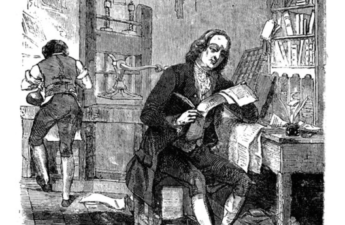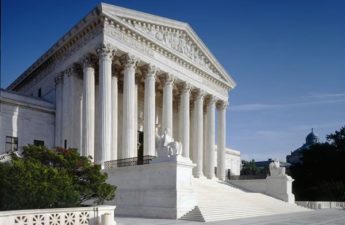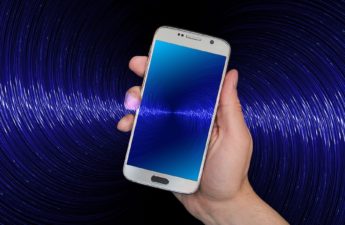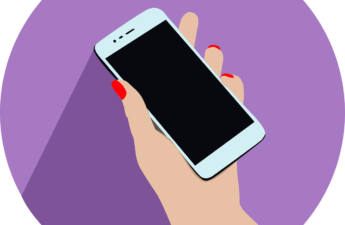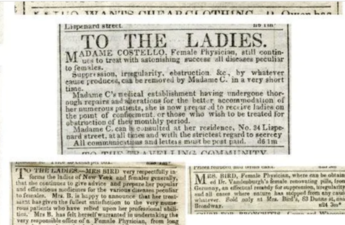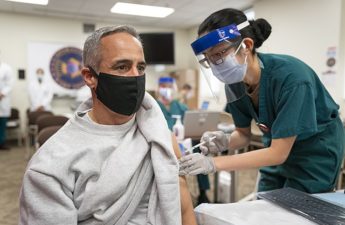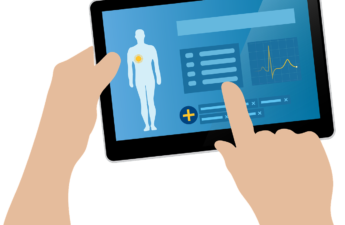Category: Law
When abortion at a clinic is not available, 1 in 3 pregnant people say they will do something on their own to end the pregnancy
Overall, 34% of pregnant women surveyed would definitely or probably consider doing something on their own to end their pregnancy if they couldn’t get an abortion in a clinic.
Abortion decision cherry-picks history – when the US Constitution was ratified, women had much more autonomy over abortion decisions than during 19th century
As a medical procedure, abortion was widespread in Colonial and 18th-century America. By using more or less safe techniques, midwives and medical practitioners performed many types of operations on their patients. The woman could easily die, of course; but when she sought an abortion, no social, legal or religious force would have blocked her.
‘A revolutionary ruling – and not just for abortion’: A Supreme Court scholar explains the impact of Dobbs
The ruling signals a massive change in how we read the Constitution, from a living reading to an original reading. The court has firmly rejected the theory of the living Constitution, which argues that the meaning of the document’s language changes as the beliefs and values of Americans change.
What is medical abortion?
Tthree medical experts to answer your questions about medication abortions.
Impending demise of Roe v. Wade puts a spotlight on a major privacy risk: Your phone reveals more about you than you think
Using a maps app to plan a route, sending terms to a search engine and chatting online are ways that people actively share their personal data. But mobile devices share far more data than just what their users say or type. They share information with the network about whom people contacted, when they did so, how long the communication lasted and what type of device was used.
After Leaked Roe Ruling, GOP Weighs Stricter Abortion Bans
GOP officials in at least eight states—Arkansas, Florida, Idaho, Indiana, Montana, Nebraska, South Carolina and South Dakota—have called for special legislative sessions to consider new abortion restrictions.
Should You Worry About Data From Your Period-Tracking App Being Used Against You?
If the Supreme Court overturns Roe v. Wade, women in some states could be prosecuted for seeking or obtaining an abortion. Could data from your smartphone app be used to prosecute you? The short answer: Yes.
Abortion has been common in the US since the 18th century – and debate over it started soon after
From the nation’s founding through the early 1800s, pre-quickening abortions – that is, abortions before a pregnant person feels fetal movement – were fairly common and even advertised.
What’s Next if ‘Roe v. Wade’ Falls? More Than Half of States Expected to Ban or Restrict Abortion
If the Supreme Court’s conservative majority affirms the leaked decision overturning abortion rights in the U.S., the effects would be sweeping for 40 million women in more than two dozen states where Republican-led legislatures have been eagerly awaiting the repudiation of the right to terminate a pregnancy.
States Embrace Vaccine Mandates Despite Potential Worker Exodus
Washington state’s mandate, issued last month by Democratic Gov. Jay Inslee, covers more than 800,000 workers. And unlike the economy-wide mandate announced by Biden last week, it doesn’t allow employees to submit to weekly testing instead of getting a vaccine.
Colorado Clinic’s Prescription for Healthier Patients? Lawyers
The program is among at least 450 existing medical-legal partnerships across the nation that typically serve impoverished people and migrants
What is the HIPAA Privacy Rule? A health law scholar explains
HIPAA only protects health care information held by specific kinds of health care providers. For example, health care data on your Apple Watch or Fitbit is not usually covered by HIPAA. Genetic data you enter on websites like Ancestry.com is also not covered by HIPAA.
Biden Calls for a United Front Against Covid and Other Threats
Biden made it clear that combating the covid-19 pandemic will be his top priority.
Can your boss require you to get the COVID-19 vaccine?
The general rule is yes – with some exceptions.

